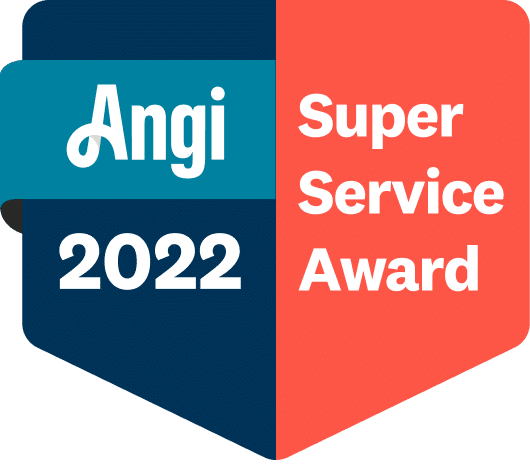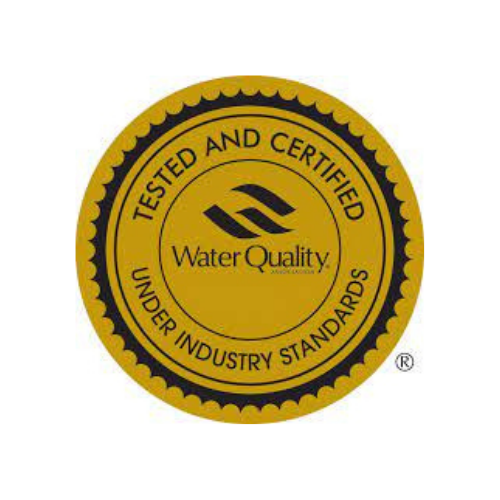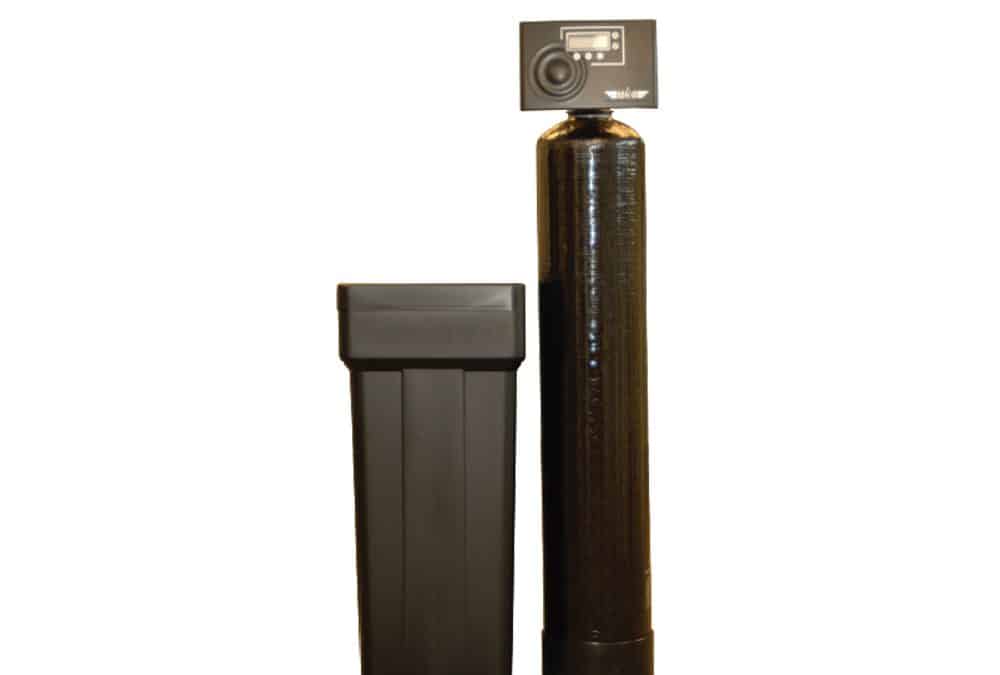Unit Size and System of Water Softener
There’s no disputing that the size and kind of unit have a significant impact on the initial investment of a water softener. Your water use will be considerable if you have a large home. Simply said, a larger home requires a larger volume of water, as well as a more efficient water softener.
Starter homes, on the other hand, use less water and require a less powerful water softener. As a result, it naturally saves money.
It’s worth noting that a unit’s capacity (the volume of water it can soften) is an important defining feature. The capacity is usually measured in grains (GPG). The GPG level you need is determined by the hardness of the water in your property. It also relies on the number of individuals in the house who consume water. Before purchasing a water softener, it is usually a good idea to test the hardness of the water with a home testing kit.
Many water softeners on the market have grain capacities ranging from 20,000 to 80,000 grains. A midsize softener with a 20,000-grain capacity is required for a modest family with two to three persons and three bathrooms.
A 32,000-grain capacity water softener may be required in a bigger home with five to six persons. The bigger the family, the more grain capacity they’ll need. However, there is no question that if you want a greater grain capacity, you will need to invest in a huge softener.
More>> Shop Whole House Water Purification Systems
Questions? Concerns? Call us: 702.241.9000
CHECK out! Soft Water Nevada got Feaured in Las Vegas Inquirer
Affordable Water Softener Prices (sometimes Not the Best): Magnetic Water Softeners
Let’s assume you’re searching for the most affordable water softener available. Maybe you don’t own the property you’re living and are only looking for a temporary solution to your hard water issues. You may rent a water softening system or buy the cheapest water softener you can find only to get rid of your dry skin issues.
In such scenario, you’ll most likely come across a magnetic water softener that costs between $300 and $600. A magnetic water softener, on the other hand, is unlikely to alleviate any of your hard water issues. There is very little proof that they are effective, and even if they are, the amount of limescale protection they provide is sadly insignificant. You might take a chance and buy a magnetic water softener nonetheless, hoping that it would at least function a little, but you could be squandering your hard-earned cash.
More>> Shop Whole House Water Purification Systems
Questions? Concerns? Feel free to get in touch: Call us: 702.241.9000
Average Installation Costs
After we’ve exhausted the cheapest magnetic water softeners and discovered that research doesn’t always support their efficacy, we’ll look at some additional options. Salt-based ion exchange systems and reverse osmosis systems are two of the most common types of water softeners on the market today.
Although the water softener itself is not very expensive, installation accounts for a significant portion of the total cost. Some water softeners may need to be installed by a professional, while others are easy enough to install yourself.
According to Fixr, the average installation cost for various systems is typically as follows:
- An ion exchange salt-based system costs $400.
- A dual-tank setup costs $600.
- A high-end dual-tank setup costs $1000.
So, in addition to the cost of the system, you may need to budget for installation, which may cost anywhere from $400 to $1000.
A no-salt system, such as our FS1000, on the other hand, does not need the same level of expert installation as the other systems. It’s simple enough to handle it yourself or contact a plumber in your area.
Ion exchange systems, by their very nature, need a discharge pipe and an electrical source. Otherwise, the system will be unable to renew (and it will therefore be ineffective).
That’s why you should seek for a salt-free water softening system if you want to save money on installation.
Maintenance Costs for Various Systems
There will be some type of maintenance expense regardless of the equipment you choose, whether it’s ion exchange or template-assisted crystallization. Ion exchange, on the other hand, comes at a significantly higher price than any other method.
Maintenance Costs for Ion Exchange
In order for appropriate regeneration to occur with an ion exchange system, you’ll need to purchase either a bag of salt or a bag of potassium (and in order for your system to continue working). Every month, a bag of salt will cost you anything from $7 to $12. Of course, it’s not awful, but it adds up. You may buy a bag of potassium every month to prevent the health risks of increasing salt consumption, which would cost you anywhere from $20 to $25.
In addition, when the resin expires, you’ll have to replace it. Fortunately, this only happens every five years or so.
More>> Shop Whole House Water Purification Systems
Questions? Concerns? Feel free to get in touch: Call us: 702.241.9000
Wastewater with Ion Exchange
Lastly, waste water with ion exchange systems must be considered. The frequency with which you must renew your system is determined by the hardness of your water. For various makes and types of ion exchange water softeners, here’s a useful resource for calculating how much water you’ll consume. Call the manufacturer if you have any queries regarding how frequently you should refresh your system. They should be able to give you a good response based on the hardness of your water.
The average human uses 80-100 gallons of water each day, according to the US Geological Survey. Let’s assume you have a softener that’s rated at 34,000 grains and a water hardness level of about 10 grains per gallon. If you have a three-person family, you’re probably using around 300 gallons of water each day. Your water softener will renew once every ten or eleven days if you use 10 grains per gallon. Then, on average, another 100 gallons will be required for regeneration. This equates to around 3,650 gallons of waste water each year.
Water Softener Cost Conclusion
When it comes to purchasing a water softener, there are several hidden charges. For starters, if you’re searching for the most affordable choice, you’ll probably want to go with a magnetic water softener. The difficulty with magnetic water treatment is that there isn’t enough scientific data to back it up. There are undoubtedly some efficient magnetic water softeners on the market, but separating the real systems from the snake oil will be tough.
When you purchase an ion exchange water softener, you will incur a significant amount of maintenance expenditures (as well as installation). It will be much more difficult and expensive since the plumber will need to build a discharge line and locate an electrical source. It’s not a project you want to do on your own unless you have a lot of expertise with plumbing. You’ll also have to pay for monthly potassium or salt replacements, which can cost anywhere from $120 to $300 per year.
If you’re searching for a good deal, a high-quality home water system like the ones we provide at Soft Water Nevada is your best choice. It truly is a set-it-and-forget-it situation. We can schedule an installation within 24 hours – 7 days a week. If you are hesitant and unsure, please check out our reviews here to give you an idea on how we take care of our customers.
More>> Shop Whole House Water Purification Systems
Questions? Concerns? Feel free to get in touch: Call us: 702.241.9000
More>> Shop Whole House Water Purification Systems
Questions? Concerns? Feel free to get in touch: Call us: 702.241.9000

Get a Free Water Analysis Now! 100% No-purchase necessary!




More>> Shop Whole House Water Purification Systems
Questions? Concerns? Feel free to get in touch: Call us: 702.241.9000


